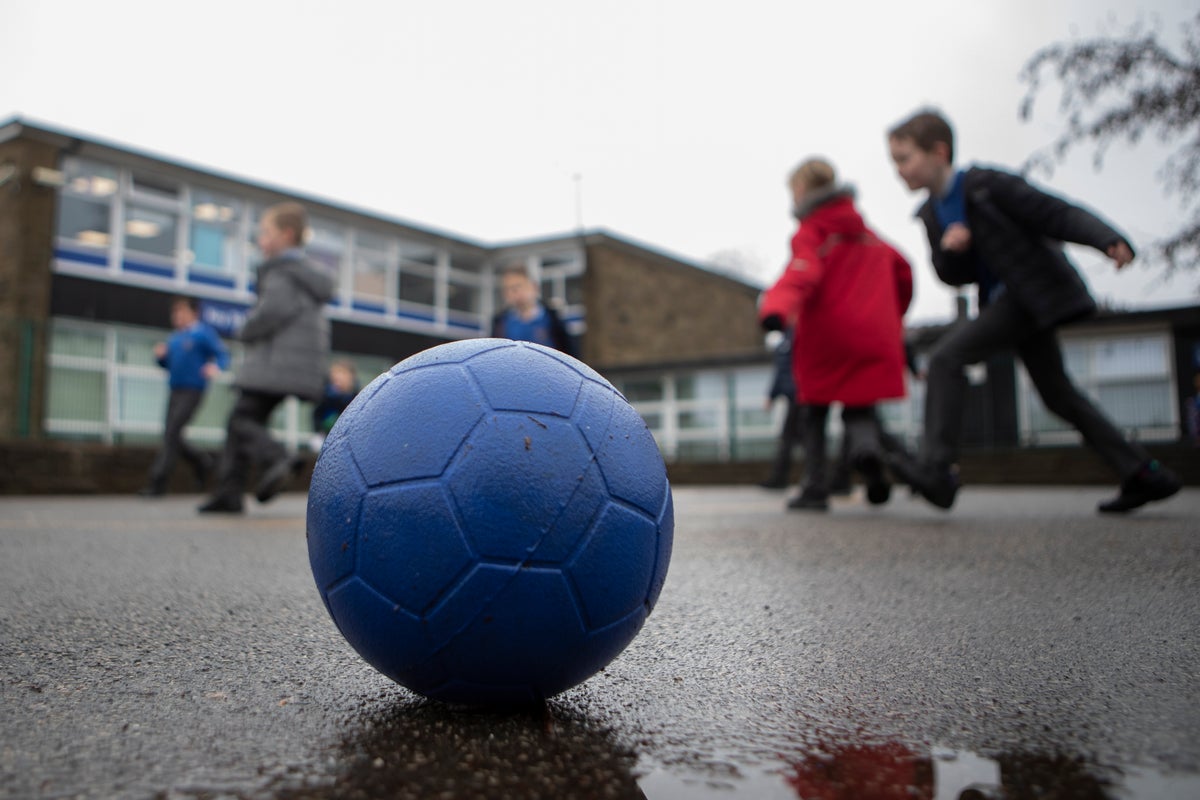There were 45,000 fewer hours of physical education (PE) delivered in UK schools during the last academic year compared to 15 years ago.
This is concerning, given how important PE and physical activity are not only for children’s physical health, but their cognitive health too. As the new school year begins, it’s essential that PE hours in UK schools aren’t further cut, given its importance for academic success.
A large body of evidence shows that physical education has many benefits for kids’ brains – including for their concentration and learning in the classroom.
For instance, research conducted by me and my colleagues has shown that in year seven and eight pupils, PE lessons are more beneficial for cognitive performance than an academic, classroom-based lesson. We specifically compared the effects of a games-based PE lesson (where the students played football) with a normal classroom lesson that covered subjects including maths and geography.
Cognitive performance was assessed via a test called the Sternberg paradigm. This tests short-term memory by asking participants to remember up to five random letters (called “target” letters), and then indicate whether letters they are presented with are one of their target letters or not. Cognitive performance was tested 30 minutes before the lesson, immediately after the lesson and then 45 minutes post-lesson.

Cognitive performance was better following the PE lesson compared to the normal classroom lesson on both of the post-lesson tests. This shows that PE is particularly beneficial for working memory, an aspect of cognition important for reasoning, learning and problem solving.
However, the important factor here was the intensity of the physical activity. The cognitive benefits of PE were far more pronounced in the children who did more moderate-to-vigorous physical activity during the lesson than in those who did low-intensity physical activity.
Moderate-to-vigorous physical activity was defined as time spent with a heart rate greater than 64% of the child’s maximum. So in 11-12 year olds, a heart rate of greater than around 135 beats per minute. These effects were once again most pronounced for working memory.
Similarly, research has shown that when more intense physical activity is encouraged in PE lessons, children see greater cognitive benefits than they do during standard PE lessons.
These findings suggest that not only is PE important, but the intensity of that activity is important too.
Further evidence also suggests that when students are encouraged to participate more often during PE, it positively benefits both cognition and academic performance. These benefits were particularly seen in their maths-related skills.
Where physical education takes place is also important. Research by me and my colleagues compared an identical 60-minute basketball session performed indoors and outdoors in secondary school children. Cognitive performance was again tested before the lesson, just after the lesson and 45 minutes post-lesson.
The outdoor physical activity produced greater effects on cognition compared to indoor activity. This was true for a number of aspects of cognition, including attention, working memory and executive function (higher level, complex thinking which is positively associated with academic outcomes). This suggests that, where possible, PE should be conducted outdoors to maximise cognitive benefits.
Numerous studies have also shown that a bout of physical activity has an immediate, positive effect on cognitive performance. And, this effect even translates to better academic performance in maths.
Long-term effects
When we consider the longer-term effects of physical activity, our research has also shown that children who are fitter display better cognitive performance compared to children who are less fit. This is true across all aspects of cognition.
Children who are more physically active daily also have better cognitive performance. Kids who completed a daily mile (15 minutes of outdoor walking, jogging or running) every day for five weeks not only got fitter, but they also saw improved executive function. This daily mile was done on top of their regular PE classes, while the control group continued with their usual daily activities. This suggests that additional physical activity can enhance cognitive performance.
Despite the clear benefits that physical activity has on academic success, the number of PE hours delivered in schools has reportedly been falling since 2012. Physical education in schools ultimately helps children learn. Its place and importance in the curriculum must be valued – and further cuts must be avoided.


